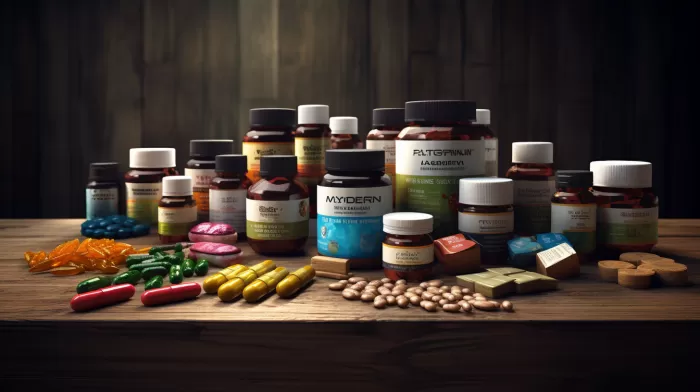Balanced testosterone is important for both men and women. Often, you’ll only hear about it from the perspective of how it benefits male health. However, it also affects women’s health in various ways.
A male patient recently asked, “How can I raise my testosterone level?” Before answering, it was essential to understand the symptoms of low testosterone he was experiencing. Some of these symptoms include reduced sex drive, erectile dysfunction, increased body fat, reduced muscle mass, fatigue, lack of energy, difficulty with concentration, memory loss, insomnia, and decreased body hair.
Women can also face some of these symptoms, such as reduced interest in sex, difficulty concentrating, exhaustion, difficulty losing weight, mood swings, and anxiety.
There are several options for addressing low testosterone levels. Prescribing testosterone replacement might seem like the logical choice, but it can also lead to issues such as decreased sperm count, interfering with fertility, and increased estrogen production. Additionally, there may be side effects of testosterone supplementation in men and women, including acne, disturbed breathing while sleeping, breast swelling or tenderness, and swelling in the ankles.
Instead, consider lifestyle changes that can naturally increase testosterone levels, such as:
- Eliminating refined sugar from your diet and consuming more nutrient-rich foods
- Engaging in high-intensity exercise and strength training
- Taking vitamin D to maximize your levels (after discussing with your doctor)
- Taking 25 mg of Zinc daily
- Reducing stress
- Consuming plenty of healthy fats
- Taking a daily protein powder supplement (from sources like whey, rice, or pea protein)
Another option you may come across is testosterone booster supplements that claim to contain natural ingredients that help trigger your body to naturally increase testosterone production. However, the effectiveness of these ingredients is not always supported by scientific proof.
For example, while D-Aspartic Acid (2000 mg) is said to be the most critical ingredient for naturally increasing testosterone levels, there are no clinical trials reported to show that it can actually do so in humans.
You can find a variety of other supplements reported to naturally increase testosterone, often in a “proprietary blend” with unknown dosages. Some of them include Vitamin K, Mucuna Pruriens, Stinging Nettle Root, Coleus Forskohlii, Fenugreek, Oyster Extract, Siberian Ginseng, Tribulus Terrestis, Luteolin, L-citrulline, horny goat weed, Korean ginseng, and Ginkgo biloba.
For men with a low testosterone level, medications such as Clomid (clomiphene citrate) and Androxal (enclomiphene citrate) may have advantages over testosterone supplementation. They can boost natural testosterone levels and also preserve sperm production, as well as block the rise of estrogen that often occurs when taking testosterone.
In conclusion, it’s essential to consider all available options and consult with a healthcare professional when seeking to naturally increase testosterone levels. In a future article, we will discuss safe and effective methods for women to promote optimal hormone balance, including boosting testosterone.



